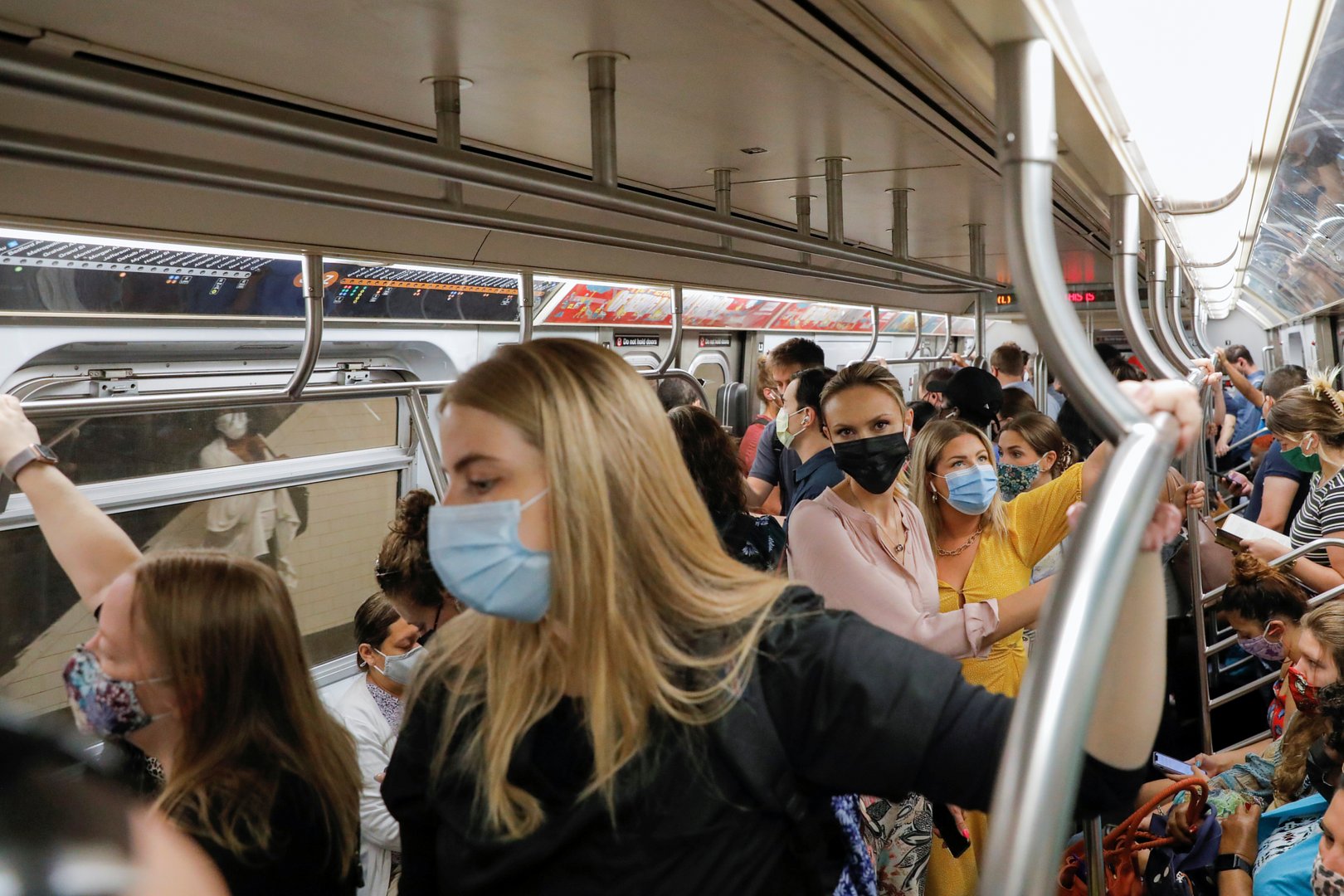No matter how hard the authorities try to reassure us they know what they are doing about controlling the pandemic, it is becoming increasingly clearer they do not. This situation is not unique to Cyprus. It can be seen all over Europe in which desperate governments try to deal with constantly changing conditions while seeing their efforts to control the spread of the virus fail. Is this because of new strains of the virus appearing, or a case of governments pretending to have a greater understanding of the pandemic than they really do?
Right from the start of the outbreak, we were subjected to constantly changing advice and measures. A face mask did not protect people from Covid was the initial verdict of WHO, but subsequently its wearing became mandatory in all indoor, public places while in countries like Cyprus it had to be worn on the streets as well. Has the wearing of a mask by everyone controlled the spread of the virus? Nobody can say with any degree of certainty, bearing in mind how the virus has spread. The same is true of lockdowns with Sweden, which avoided them, not having a significantly higher number of cases per million than countries that imposed them.
There is even more confusion and uncertainty surrounding the vaccines which were supposed to usher in the return to normality, according to the authorities. First, we were told that having 60 per cent of the population vaccinated would allow us to control the spread of the virus; the percentage then rose to 70, while now the epidemiologists say the target is 82 per cent. It is paradoxical that Cyprus is recording the highest number of hospitalisations and the biggest number of people in ICUs at a time when more than 60 per cent of the population is fully vaccinated. The Delta variant spreads six times more easily, the epidemiologists say, but was it expected to hit the vaccinated?
Initially we were led to believe that the vaccinated would be safe. Now we are seeing they are not, but the new theory is that the vaccinated get infected less and, allegedly, are less contagious. Even this narrative is now losing its credibility. In Israel, which has one of the highest vaccine uptakes in the world, daily cases rose to between 1,000 and 2,000 last month, while a doctor from the Herzog Medical Center said on Thursday that 95 per cent of severe patients being treated were vaccinated. This is not the case in Cyprus in which the authorities say that 90 per cent of those hospitalisations were unvaccinated. What is peculiar is that the deaths per 100,000 have increased in Cyprus, compared to three months ago.
Meanwhile on Friday, Reuters reported, that scientists at Public Health England, said there were early signs that people who have been vaccinated against Covid-19 may be able to transmit the Delta variant of the virus as easily as those who have not. Similar findings were outlined by the US Centers for Disease Control and Prevention, last week. These seem to undermine the official line we hear in Cyprus that the unvaccinated were to largely blame for the surge in cases of the last few weeks, and that a bigger uptake of the vaccine would drastically reduce the number of cases … presumably until a new variant of the virus appears.
The problem is that nobody can be certain about anything anymore. Until a few months ago, the scientists were saying that children under 16 did not need to be vaccinated, now everyone agrees that they have to, (Cyprus announced vaccinations for children between 12 and 15 on Monday), while the booster jab for people over a certain age (50 in some countries and 60 in others) is now on the agenda. Could there be a bigger admission that the vaccines were much less effective than had originally been hoped than the need for a booster shot? And can anyone be sure that within a few months the authorities will not urge everyone including teenagers, to have one?
We have been in unknown territory for the last year-and-a-half. Health agencies and scientists that issue advice are trying to find solutions through trial and error, while governments systematically err on the side of caution, even if it means violating our liberties. Vaccines, admittedly, have not had the desired effect of opening the way for a return to ‘normality’ as the number of cases remain high, but the number of deaths, in countries that have been vaccinating the population are in decline. This is a positive step, but there still seems quite some way to go for the desired return to normality. If we have learnt one thing from the experiences of the last 18 months it is that the pandemic has discarded any degree of certainty.







Click here to change your cookie preferences